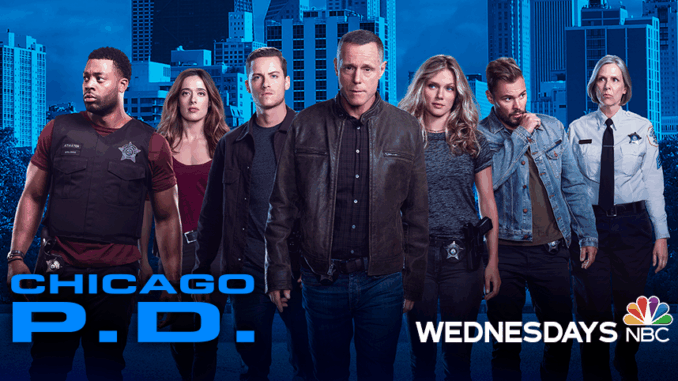
The Unforgiving Scale: When Right and Rule Collide
The announcement of “harsh fallout” for Torres and Burgess in the Season 13 premiere of P.D., followed by showrunner md07’s poignant declaration, “Really Not Fair,” strikes a resonant chord that transcends mere plot exposition. It’s a statement that cuts to the core of why police dramas, at their best, are not just about car chases and arrests, but about the brutal, often thankless tightrope walked by those sworn to protect. This “unfairness” isn’t a narrative flaw; it’s a deliberate and powerful mirror reflecting the impossible choices, the systemic pressures, and the tragic irony inherent in a profession that demands both unwavering human compassion and unyielding adherence to protocol.
Imagine the scenario, a tableau painted in the gritty hues of the P.D. universe: a hostage situation, the clock ticking, a life hanging by a thread. Torres, driven by an instinct forged in countless brushes with danger, makes a split-second decision that, while saving the hostage, perhaps bypasses a crucial procedural step – a missing form, an unsanctioned entry, a piece of evidence handled with urgency over sterile precision. Burgess, ever the heart of the unit, might have followed, amplified the impact, or even been the one to defy a direct order, guided by an ethical imperative that screamed louder than any rulebook. In that moment of crisis, they were heroes, their actions a testament to their dedication to life above all else.
Yet, the “fallout” arrives not from the criminals they thwarted, but from the labyrinthine corridors of the very institution they serve. Internal Affairs, the media, political optics – these forces converge, turning a moment of selfless courage into a subject of scrutiny. The rulebook, once a silent guide, becomes a weapon. “Procedure was not followed.” “Chain of command was broken.” “Precedent must be set.” These are the unyielding pronouncements that, in their cold logic, negate the warmth of human intention and the terrifying immediacy of the life-or-death choice.
The showrunner’s “Really Not Fair” isn’t a lament for the characters alone; it’s a meta-commentary on the systemic unfairness baked into the very fabric of law enforcement. It speaks to the double bind: officers are expected to be infallible machines, perfectly executing protocol even under extreme duress, yet they are also expected to be empathetic humans, capable of nuanced judgment and decisive action to preserve life. When these two expectations collide, as they inevitably do, the human element is often the one sacrificed on the altar of institutional integrity.
For Torres and Burgess, this fallout isn’t just a demotion or a suspension; it’s a lacerating wound to their very identity as protectors. It questions their judgment, impugns their motives, and undermines the trust they have painstakingly built. It’s the profound injustice of being punished for doing what felt undeniably right, for choosing the moral imperative over the bureaucratic one. This narrative choice forces the audience to grapple with the uncomfortable truth: that sometimes, the “system” is the antagonist, not out of malice, but out of its own rigid, self-preserving nature.
In the world of P.D., this “unfairness” serves a crucial illustrative purpose. It strips away the glamor of the badge and exposes the raw, often heartbreaking reality of the job. It’s a powerful narrative tool that deepens our understanding of the characters, forcing them to confront not just external threats, but the internal conflict of conscience versus consequence. It challenges the audience to ask: What would we do? Where do we draw the line? And can a system truly be just if it cannot account for the necessary imperfections of human heroism?
Ultimately, md07’s “Really Not Fair” isn’t just a lament; it’s an invitation to empathy, a call for deeper consideration of the impossible predicaments faced by those who stand between order and chaos. It underscores that while the pursuit of justice may be noble, its execution is often a messy, morally ambiguous affair, where even the most righteous actions can yield the harshest, most unfair consequences. For Torres and Burgess, the fallout is a crucible, testing their spirits and reminding us that true heroism often comes at a cost far greater than a bullet wound – the erosion of their very faith in the system they serve.
